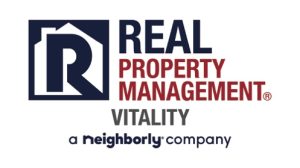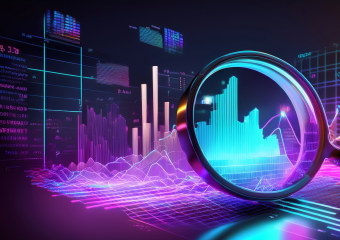The Role of Technology in Modern Property Management
Introduction: The Evolution of Property Management in the Digital Age
Property management has come a long way since its inception, thanks to the rapid advancements in technology. In the digital age, technology has revolutionized the way property managers operate, streamlining operations, enhancing tenant experience, and paving the way for future trends. From online platforms to smart devices, property management has become more efficient, customer-centric, and forward-thinking.
Streamlining Operations: How Technology Enhances Efficiency in Property Management
One of the most significant impacts of technology on property management is the streamlining of operations. With the advent of property management software, tasks that were once time-consuming and labor-intensive can now be automated, saving property managers valuable time and resources. For instance, software solutions can automate rent collection, lease renewals, and maintenance requests, reducing paperwork and minimizing human error.
Furthermore, technology has enabled property managers to access real-time data and analytics, allowing them to make informed decisions and optimize their operations. By leveraging data, property managers can identify trends, forecast demand, and allocate resources more effectively. For example, they can analyze tenant preferences and adjust amenities or services accordingly, leading to higher tenant satisfaction and retention rates.
Moreover, technology has facilitated effective communication and collaboration among property management teams. Cloud-based platforms enable seamless sharing of information, documents, and updates, eliminating the need for physical meetings and enhancing productivity. Property managers can also communicate with tenants through various channels, such as email, text messages, or dedicated tenant portals, ensuring prompt responses and efficient problem-solving.
Enhancing Tenant Experience: The Impact of Technology on Customer Satisfaction
Technology has significantly transformed the tenant experience, making it more convenient, personalized, and enjoyable. Online portals and mobile apps have become essential tools for tenants, allowing them to pay rent, submit maintenance requests, and access important documents with just a few clicks. This convenience not only saves tenants time but also enhances their overall satisfaction with the property management company.
Moreover, technology has enabled property managers to provide personalized experiences to tenants. For instance, smart home devices can be installed in rental units, allowing tenants to control lighting, temperature, and security systems remotely. This level of customization not only enhances comfort but also promotes energy efficiency and reduces utility costs. Additionally, property managers can leverage data analytics to understand tenant preferences and tailor amenities or services accordingly, creating a more personalized and enjoyable living experience.
Furthermore, technology has improved communication between property managers and tenants. With the rise of social media and online review platforms, tenants can easily share their feedback and experiences, influencing the reputation of property management companies. Property managers can leverage these platforms to engage with tenants, address concerns, and showcase their commitment to customer satisfaction. By actively listening to tenant feedback and implementing necessary improvements, property managers can foster stronger relationships and build a positive brand image.
Future Trends: Exploring the Potential of Technology in Property Management
The future of property management is undoubtedly intertwined with technology. As technology continues to advance, property managers can expect even more innovative solutions to enhance their operations and tenant experience. One such trend is the Internet of Things (IoT), which involves connecting various devices and systems to create a smart and interconnected environment. For example, IoT-enabled sensors can monitor energy usage, detect leaks, and optimize maintenance schedules, leading to cost savings and improved efficiency.
Another emerging trend is the use of artificial intelligence (AI) and machine learning in property management. AI-powered chatbots can handle routine tenant inquiries, freeing up property managers’ time for more complex tasks. Machine learning algorithms can analyze vast amounts of data to identify patterns and predict maintenance issues, allowing property managers to proactively address them before they become major problems. These technologies have the potential to revolutionize property management by automating repetitive tasks and providing valuable insights for decision-making.
Additionally, virtual reality (VR) and augmented reality (AR) are poised to transform the way properties are marketed and showcased. VR tours can give potential tenants a realistic and immersive experience of a property without physically visiting it. AR can overlay virtual information onto the real world, allowing tenants to visualize furniture placement or renovations before making any changes. These technologies not only save time and resources but also attract tech-savvy tenants who appreciate innovative and interactive experiences.
In conclusion, technology has played a pivotal role in modern property management, revolutionizing operations, enhancing tenant experience, and paving the way for future trends. From streamlining operations through automation and data analytics to providing personalized experiences and improving communication, technology has become an indispensable tool for property managers. As technology continues to evolve, property managers must embrace these advancements to stay competitive and meet the ever-changing needs and expectations of tenants.








